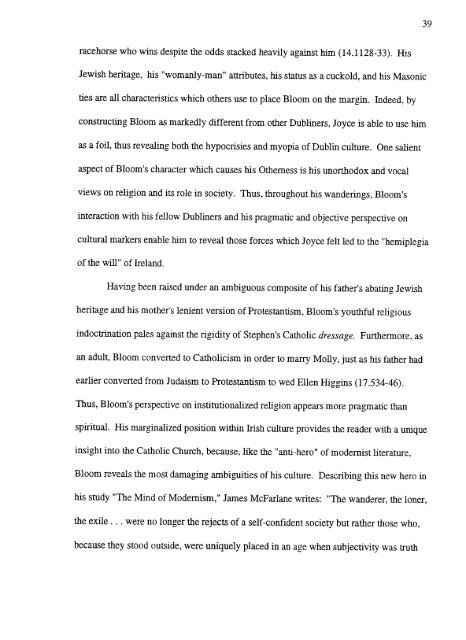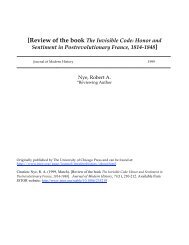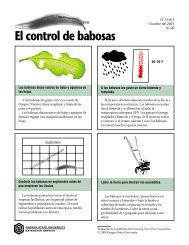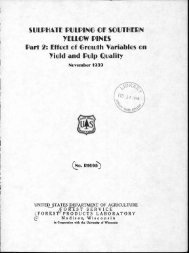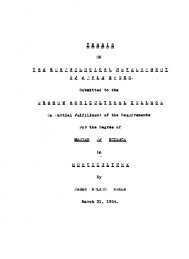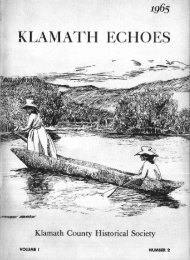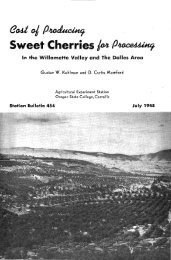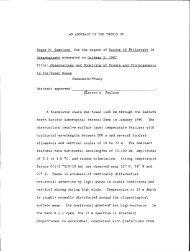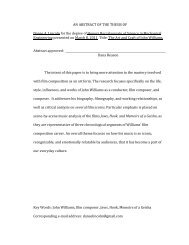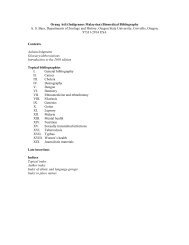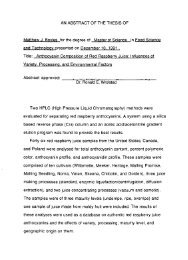Faubourg Saint Patrice - ScholarsArchive at Oregon State University
Faubourg Saint Patrice - ScholarsArchive at Oregon State University
Faubourg Saint Patrice - ScholarsArchive at Oregon State University
Create successful ePaper yourself
Turn your PDF publications into a flip-book with our unique Google optimized e-Paper software.
acehorse who wins despite the odds stacked heavily against him (14.1128-33). His<br />
Jewish heritage, his "womanly-man" <strong>at</strong>tributes, his st<strong>at</strong>us as a cuckold, and his Masonic<br />
ties are all characteristics which others use to place Bloom on the margin. Indeed, by<br />
constructing Bloom as markedly different from other Dubliners, Joyce is able to use him<br />
as a foil, thus revealing both the hypocrisies and myopia of Dublin culture. One salient<br />
aspect of Bloom's character which causes his Otherness is his unorthodox and vocal<br />
views on religion and its role in society. Thus, throughout his wanderings, Bloom's<br />
interaction with his fellow Dubliners and his pragm<strong>at</strong>ic and objective perspective on<br />
cultural markers enable him to reveal those forces which Joyce felt led to the "hemiplegia<br />
of the will" of Ireland.<br />
Having been raised under an ambiguous composite of his f<strong>at</strong>her's ab<strong>at</strong>ing Jewish<br />
heritage and his mother's lenient version of Protestantism, Bloom's youthful religious<br />
indoctrin<strong>at</strong>ion pales against the rigidity of Stephen's C<strong>at</strong>holic dressage. Furthermore, as<br />
an adult, Bloom converted to C<strong>at</strong>holicism in order to marry Molly, just as his f<strong>at</strong>her had<br />
earlier converted from Judaism to Protestantism to wed Ellen Higgins (17.534-46).<br />
Thus, Bloom's perspective on institutionalized religion appears more pragm<strong>at</strong>ic than<br />
spiritual. His marginalized position within Irish culture provides the reader with a unique<br />
insight into the C<strong>at</strong>holic Church, because, like the "anti-hero" of modernist liter<strong>at</strong>ure,<br />
Bloom reveals the most damaging ambiguities of his culture. Describing this new hero in<br />
his study "The Mind of Modernism," James McFarlane writes: "The wanderer, the loner,<br />
the exile . . . were no longer the rejects of a self-confident society but r<strong>at</strong>her those who,<br />
because they stood outside, were uniquely placed in an age when subjectivity was truth<br />
39


